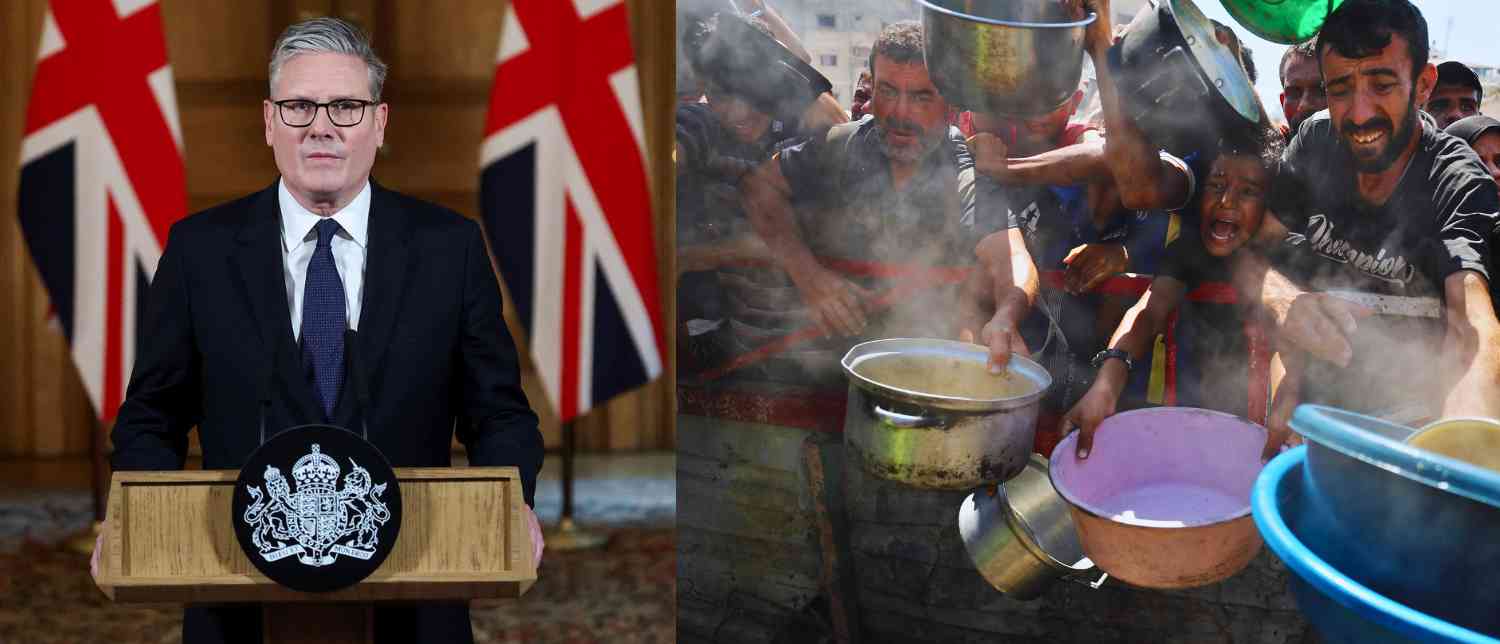The United Kingdom has announced that it will formally recognize a Palestinian state in September 2025 unless the Israeli government meets several important conditions related to ending the conflict and humanitarian crisis in Gaza. This aligns with France's recent decision, as both countries aim to push for progress toward a peaceful solution in the ongoing Israeli-Palestinian dispute.
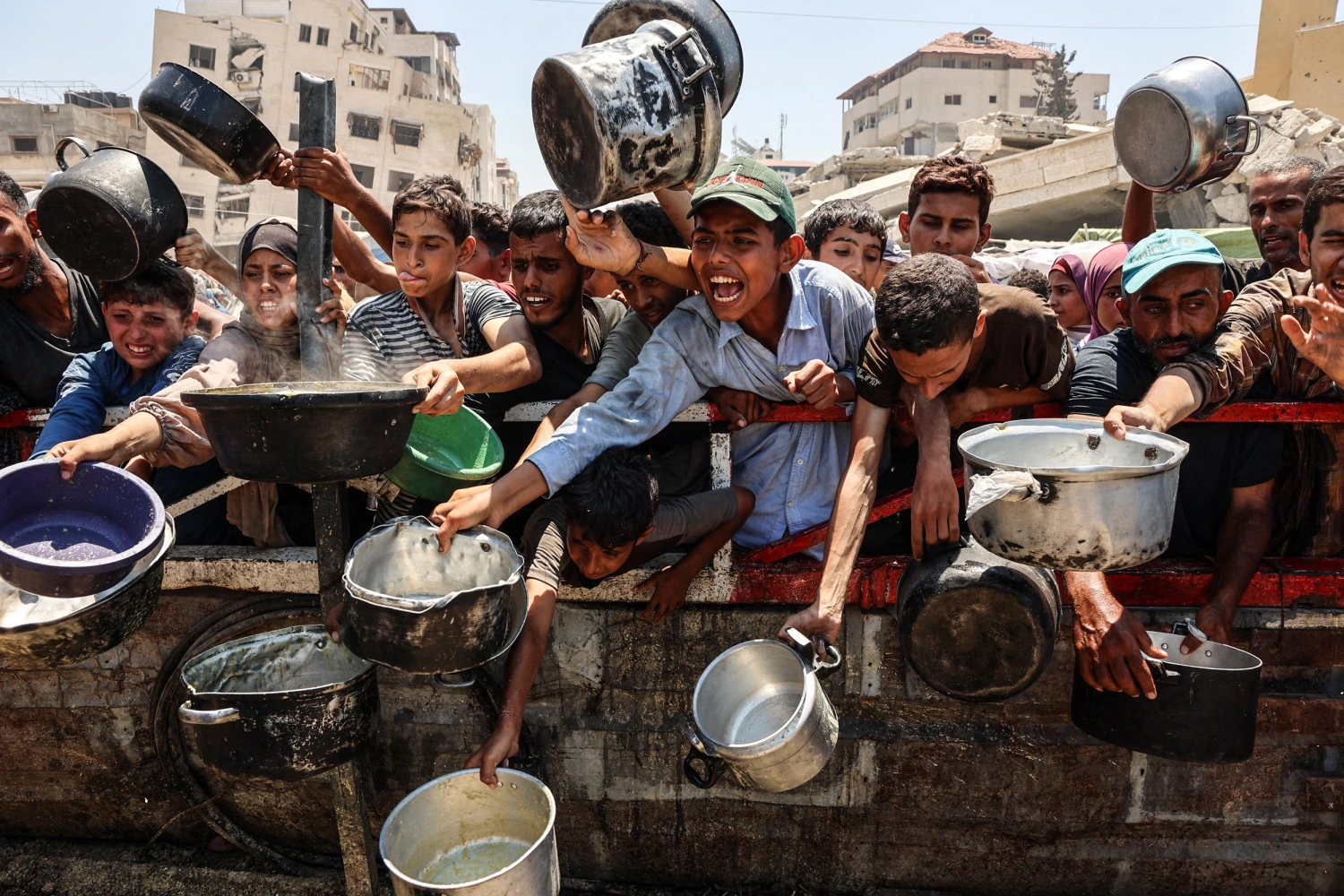
British Prime Minister Sir Keir Starmer stated that the UK remains committed to the long-standing goal of a two-state solution—where Israel and Palestine exist peacefully side by side. However, given the worsening situation in Gaza, marked by severe shortages of food, medical supplies, and rising casualties, the UK government feels pressured to take decisive diplomatic action.
Specifically, Prime Minister Starmer said the UK will recognize Palestinian statehood at the United Nations General Assembly (UNGA) in September unless Israel:
-
Takes substantive steps to end the “appalling situation” in Gaza, including agreeing to a ceasefire
-
Allows the United Nations to resume aid deliveries into the Gaza Strip to alleviate starvation and suffering
-
Commits to a long-term, sustainable peace process that revives the two-state solution
-
Clearly states it will halt any annexation plans in the West Bank
Meanwhile, Starmer also emphasized that the militant group Hamas must:
-
Release all hostages taken during their attacks on Israel in October 2023
-
Agree to a ceasefire and disarm
-
Accept they will not govern Gaza going forward
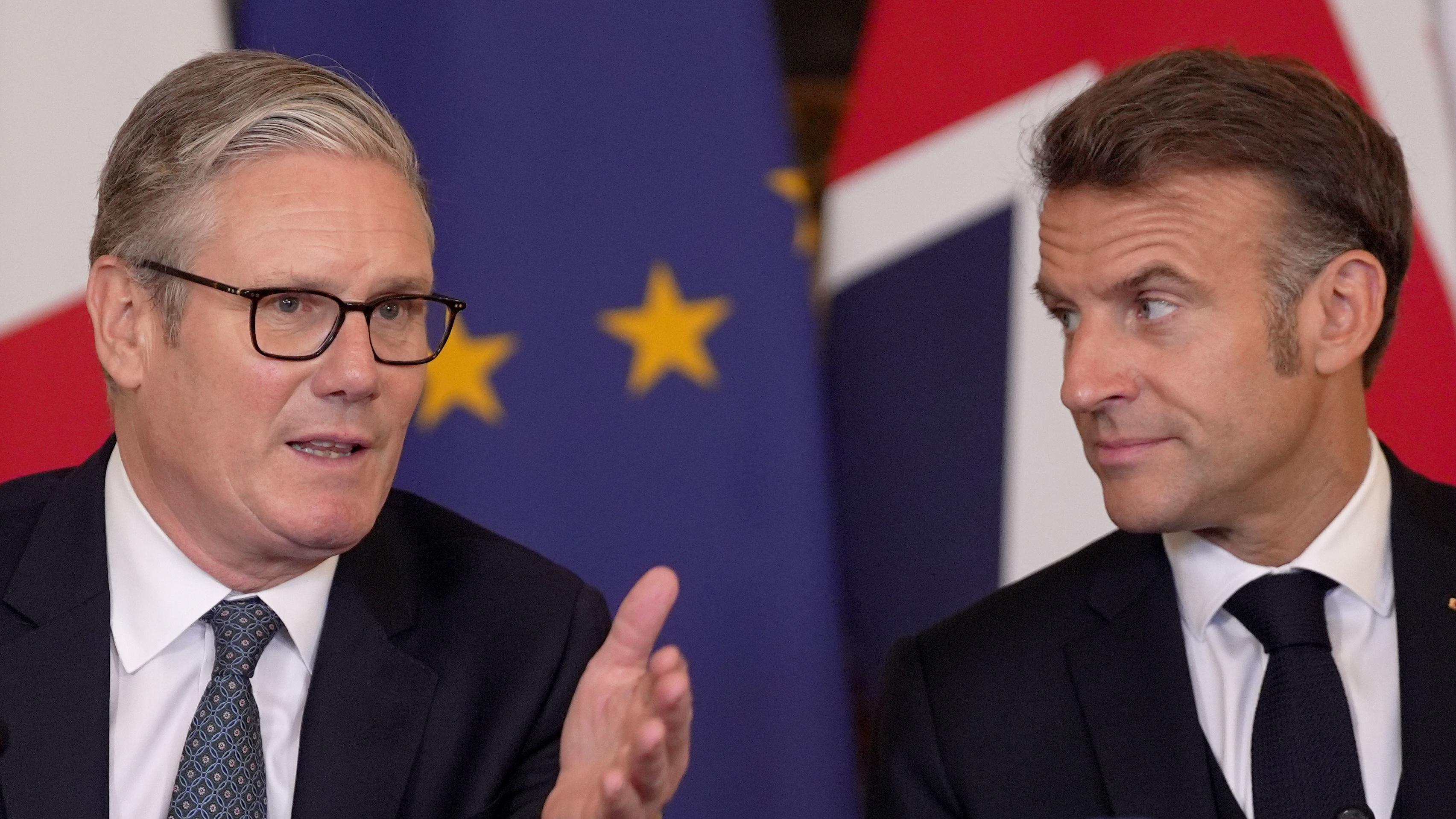
This announcement is notable because the UK is a close ally of Israel and a permanent member of the UN Security Council. Their readiness to recognize Palestine under these conditions signals a significant shift driven by humanitarian concerns and the deteriorating ground reality in Gaza. France recently became the first G7 country to pledge such recognition, and Malta has followed suit, suggesting a growing diplomatic movement in Europe.
Israel’s Prime Minister Benjamin Netanyahu condemned the UK’s announcement, calling it a “reward for Hamas” and accusing the move of punishing Israeli victims of terrorism. Israel insists it is not restricting humanitarian aid and blames Hamas for difficulties in aid delivery. The Gaza health ministry reports tens of thousands of Palestinian deaths since the conflict escalated last year.
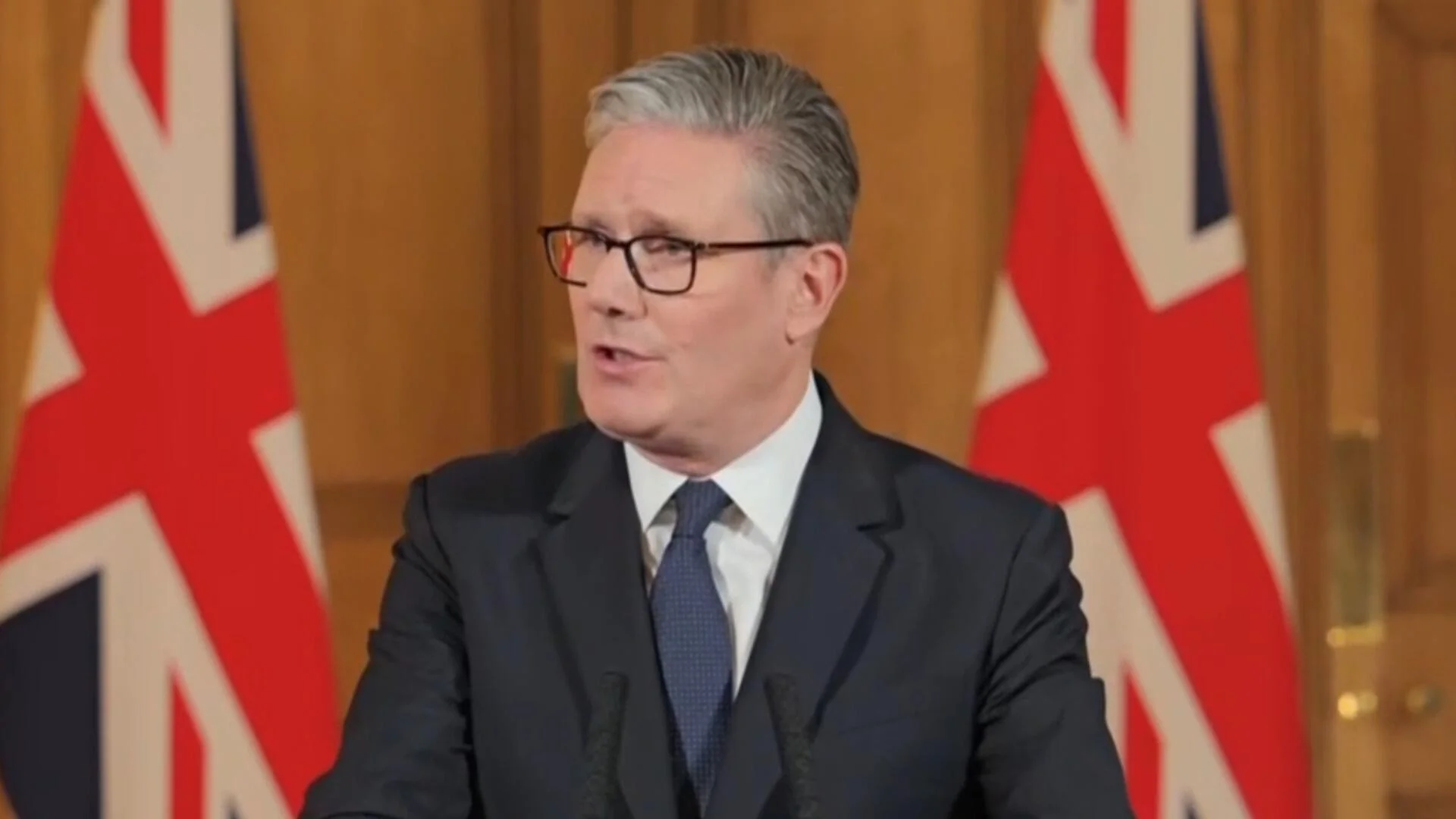
The UK government highlighted that recognizing Palestine alone will not change the situation on the ground but plans to accompany this political gesture with immediate humanitarian steps. These include airdropping aid supplies in coordination with Jordan and evacuating injured children from Gaza to receive medical treatment in UK hospitals.
From a broader perspective, the UK and France’s decisions reflect growing international frustration over the stalled peace process and the catastrophic humanitarian conditions in Gaza. The two-state solution, widely seen as the most viable means to peaceful coexistence, appears increasingly strained. Recognizing Palestine can be understood as a diplomatic way to pressure Israel to take concrete actions toward peace, improve aid access, and halt territorial expansion, while also demonstrating solidarity with the Palestinian people.
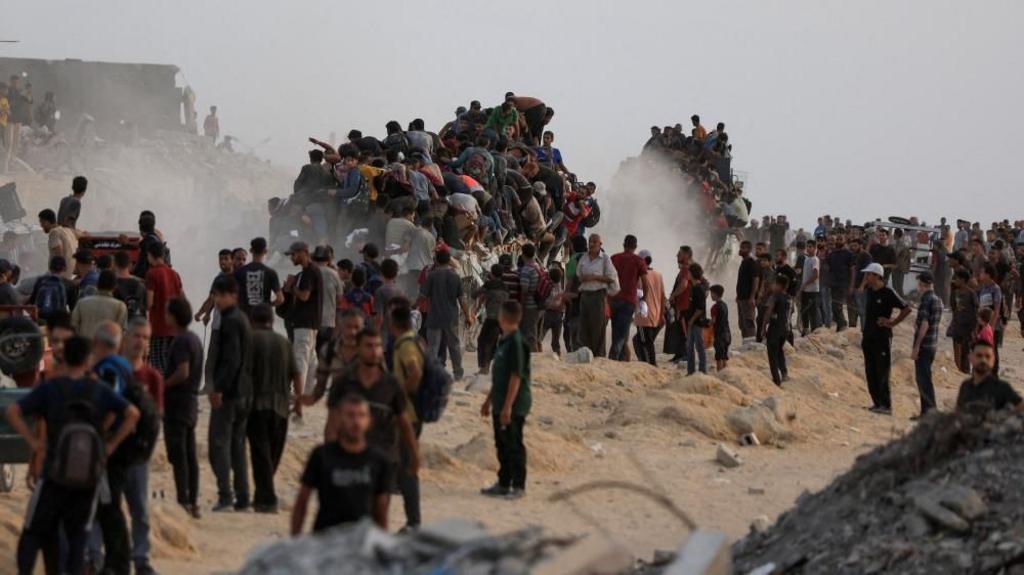
However, this approach carries risks of further tension. Critics argue that unilateral recognition without negotiations might harden positions on both sides and complicate diplomacy. Supporters counter that the humanitarian crisis and lack of progress justify decisive moves to break the deadlock.
In summary, the UK’s conditional plan to recognize Palestine marks an important moment in the Israeli-Palestinian conflict. It underscores urgent calls for peace and humanitarian relief while balancing political realities and alliances. Whether Israel will meet the conditions remains to be seen, and the international community watches closely as the UN General Assembly approaches.
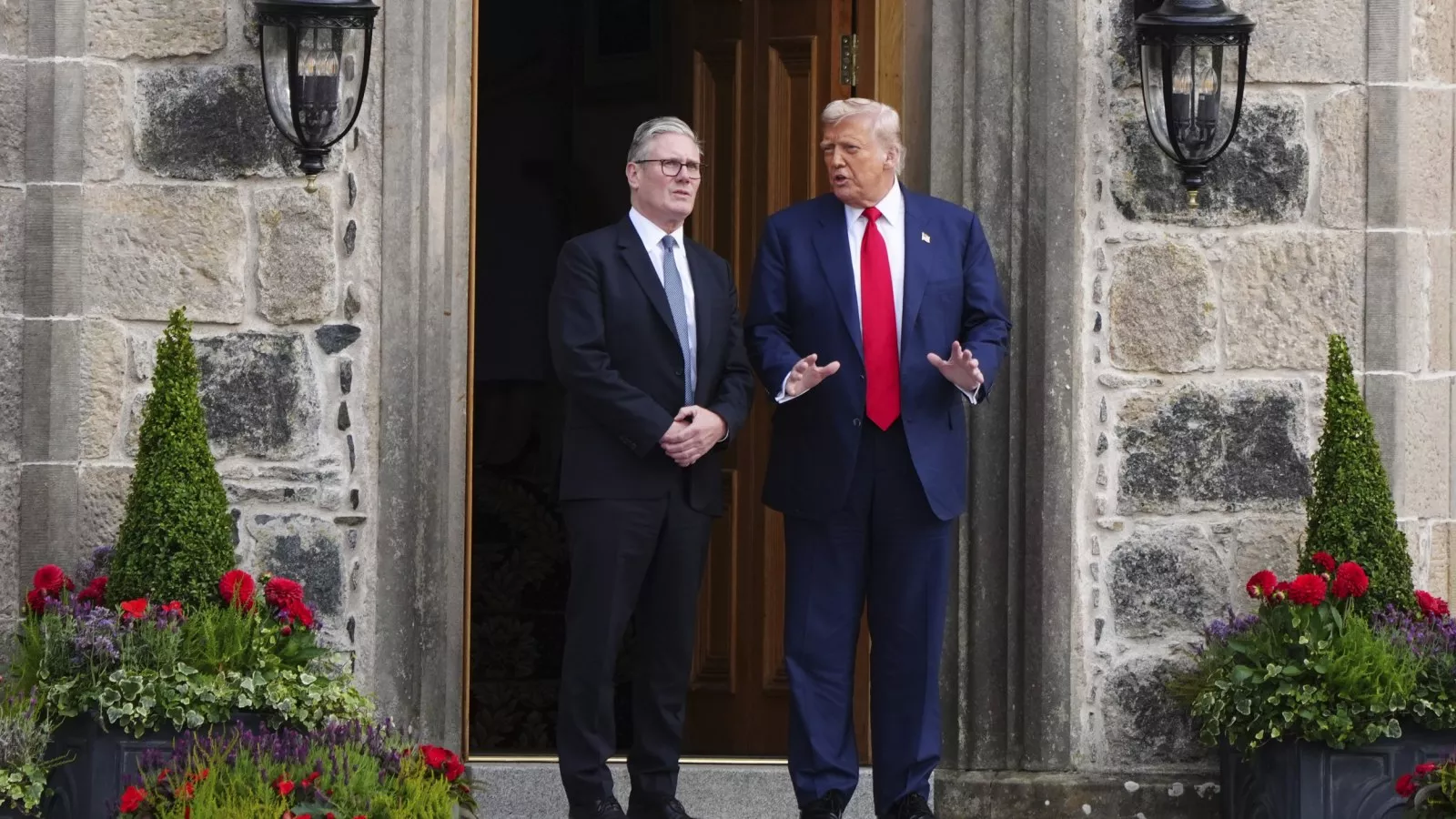
This development invites a reflection on the complex challenge of achieving peace in a conflict marked by deep mistrust, historical grievances, and dramatic human costs. It also raises questions about the role diplomatic recognition plays in advancing or complicating peace efforts. Only sustained dialogue, humanitarian cooperation, and political will on all sides can hope to bring lasting change.
With inputs from agencies
Image Source: Multiple agencies
© Copyright 2025. All Rights Reserved. Powered by Vygr Media.

